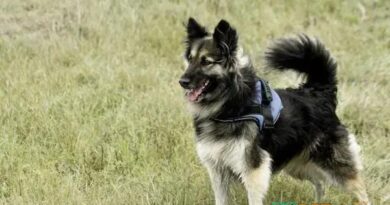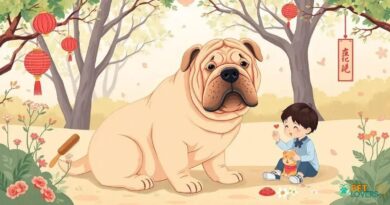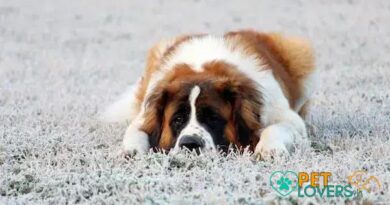What is Upkeep for Older Dogs
Understanding the Needs of Older Dogs
As dogs age, their physical and mental needs change significantly. Understanding what upkeep for older dogs entails is crucial for ensuring their well-being. Older dogs may experience a decline in mobility, changes in appetite, and various health issues that require special attention. Regular veterinary check-ups become essential to monitor their health and catch any potential problems early on.
Nutrition for Senior Dogs
Proper nutrition is a cornerstone of upkeep for older dogs. As dogs age, their metabolism slows down, and their dietary needs shift. It’s important to provide a balanced diet that is lower in calories but rich in essential nutrients. Senior dog food often contains added fiber to aid digestion and specific supplements to support joint health. Consulting with a veterinarian about the best diet for your older dog can help maintain their health and vitality.
Exercise Requirements for Aging Dogs
While older dogs may not be as energetic as they once were, regular exercise remains vital for their physical and mental health. Upkeep for older dogs includes tailored exercise routines that accommodate their mobility limitations. Short, gentle walks and play sessions can help keep them active without overexerting them. Engaging in low-impact activities, such as swimming, can also be beneficial for their joints and overall fitness.
Regular Veterinary Check-ups
Routine veterinary visits are a critical aspect of upkeep for older dogs. These check-ups allow for early detection of age-related health issues, such as arthritis, dental disease, and organ dysfunction. Your veterinarian may recommend more frequent visits as your dog ages, ensuring that any health concerns are addressed promptly. Keeping up with vaccinations and preventive care is also essential to protect your aging pet.
Grooming Needs for Senior Dogs
Grooming is another important component of upkeep for older dogs. As dogs age, they may develop skin issues or have difficulty grooming themselves. Regular brushing helps to remove loose fur and prevent matting, while baths can keep their skin healthy. Additionally, older dogs may require more frequent nail trimming, as their activity levels decrease, leading to less natural wear on their nails.
Comfort and Living Environment
Creating a comfortable living environment is crucial for older dogs. Upkeep for older dogs includes providing a cozy bed that supports their joints and is easy for them to access. Consider placing non-slip mats in areas where they walk to prevent slips and falls. Keeping their living space quiet and free from stressors can also contribute to their overall well-being.
Monitoring Behavioral Changes
As dogs age, they may exhibit changes in behavior that can indicate health issues. Upkeep for older dogs involves closely monitoring their behavior for signs of discomfort, anxiety, or cognitive decline. Changes in sleeping patterns, increased vocalization, or altered eating habits can all be red flags. Being attentive to these changes and discussing them with your veterinarian is essential for maintaining your dog’s quality of life.
Joint Health and Mobility Support
Joint health becomes a significant concern for older dogs, as they are more prone to arthritis and other mobility issues. Upkeep for older dogs should include joint supplements, such as glucosamine and chondroitin, which can help alleviate discomfort and improve mobility. Providing ramps or steps can also assist them in accessing their favorite spots without straining their joints.
Dental Care for Senior Dogs
Dental health is often overlooked but is a vital aspect of upkeep for older dogs. Periodontal disease can lead to serious health issues, including heart and kidney problems. Regular dental check-ups and cleanings, along with at-home dental care, such as brushing their teeth or providing dental chews, can help maintain their oral health and prevent complications.
Emotional Support and Companionship
Finally, emotional support is an essential part of upkeep for older dogs. As they age, they may become more dependent on their human companions for comfort and security. Spending quality time with your older dog, engaging in gentle play, and providing affection can help alleviate anxiety and enhance their overall happiness. Building a strong bond with your aging pet is invaluable for their emotional well-being.




